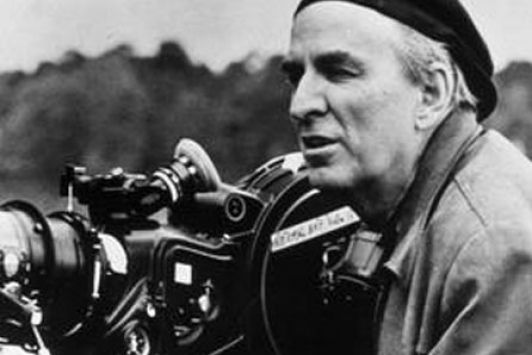
I just stumbled upon a good article about the importance of solitude in creativity.
At least for me, I know that solitude is of the utmost importance for my creativity. There’s a certain space I get to only after having been alone for prolonged periods, in my head. Of course, I’m always in my head, even when I’m at work, or in the supermarket, or caught in a conversation with someone somewhere out in the world. The difference with that place in my head when I am at work, or in public, is that the world and other people, and what is going on around me, is constantly pulling me out of my head. Or at least, I’m constantly at attention for the things that will pull me out. Like a sleep apnea, constantly waking me.
I’m always a bit somewhere else, never fully here. And in the midst of any social interaction, my drive is always to get it over with as soon as possible. This is not something I am happy about, it’s a habit I find hard to break, though I’m trying. Years of social anxiety brought me there. But, I’m digressing.
I was saying, there’s a space I get to after having been alone for long periods. This is the space where I am most creative. It’s always interesting to read about things that put into words things I’ve always experienced and had no idea whether they are unique to me or not. Of course, nothing ever really is all that unique.
Unlike the author of the article, however, solitude is not much of a struggle for me, being quite introverted.
One thought strikes me: I generally get creative energy late at night, I’ve always been that way, ever since I was a child. These days, living a nine-to-five existence, I often wonder if that creative urge that overcomes me on a Wednesday at midnight, whether part of this urge is fuelled by the realization that I must soon go to sleep if I’m to wake up for work the next day. I wonder, is it partly a reaction to — a rebellion against — these encroachments on my time and freedom? Is it just procrastination?
Anyway.
Some quotable passages from the article:
We can separate artistic pain, the experience of feeling deeply, from leading a painful life. One is not a requirement for the other. What’s interesting about Bergman—he shows you can use your demons to pull your way through life. You can use them for good things instead of trying to let them destroy you. He wrote a diary every day of his life, and quotes can be read in the book called Images. One entry in particular captures the idea about the link between pain and creativity:
Here, in my solitude, I have the feeling that I contain too much humanity.
In the Swedish original it says “människa” (Swedish) or “menneske” (Danish), the word for human being—so, there is too much “human being” in me. It’s the human condition, you could say: memories, emotion, being, pain, even the simple fact of living, breathing. Everything at once: the human experience. We all have it, even the people who don’t—or can’t—express it through art. But it is the job of the artist to sit with our feelings, to be receptive to them, to examine them, turn them into narrative or paint or film.
And then there’s the fact that he emphasizes “solitude”—that the artistic process unfolds in the lonely hours. That’s when the work happens. You have to control the creative energy that you’ve got. You have to discipline yourself to fulfill it. And that work only happens alone.
Solitude, I think, heightens artistic receptivity in a way that can be challenging and painful. When you sit there, alone and working, you get thrown back on yourself. Your life and your emotions, what you think and what you feel, are constantly being thrown back on you. And then the “too much humanity” feeling is even stronger: you can’t run away from yourself. You can’t run away from your emotions and your memory and the material you’re working on. Artistic solitude is a decision to turn and face these feelings, to sit with them for long periods of time.
Time on loan
And, aside from that article, here is a quote from Bergman on creativity:
I think it is very important for both me and you to use our time well, because we only have it on loan’, Bergman told the Icelandic filmmaker Hrafn Gunnlaugsson in an interview in 1987. ‘We have our creativity on loan and we can spoil or destroy it through compromises.We can kill it in other ways. Creativity can be killed in so many ways. We can also waste it by not making use of time.